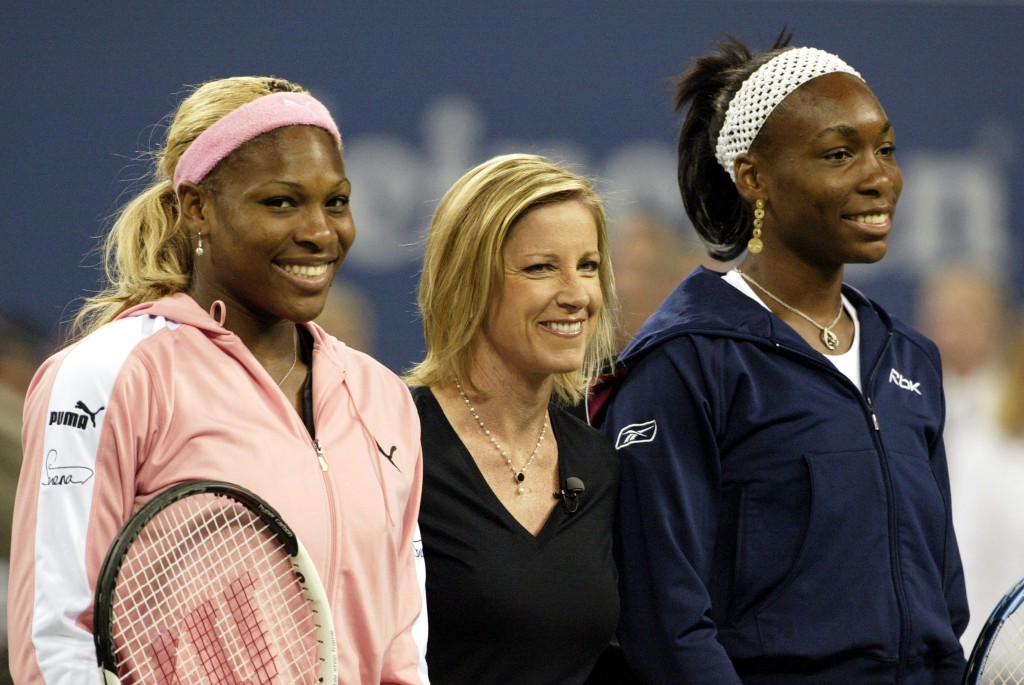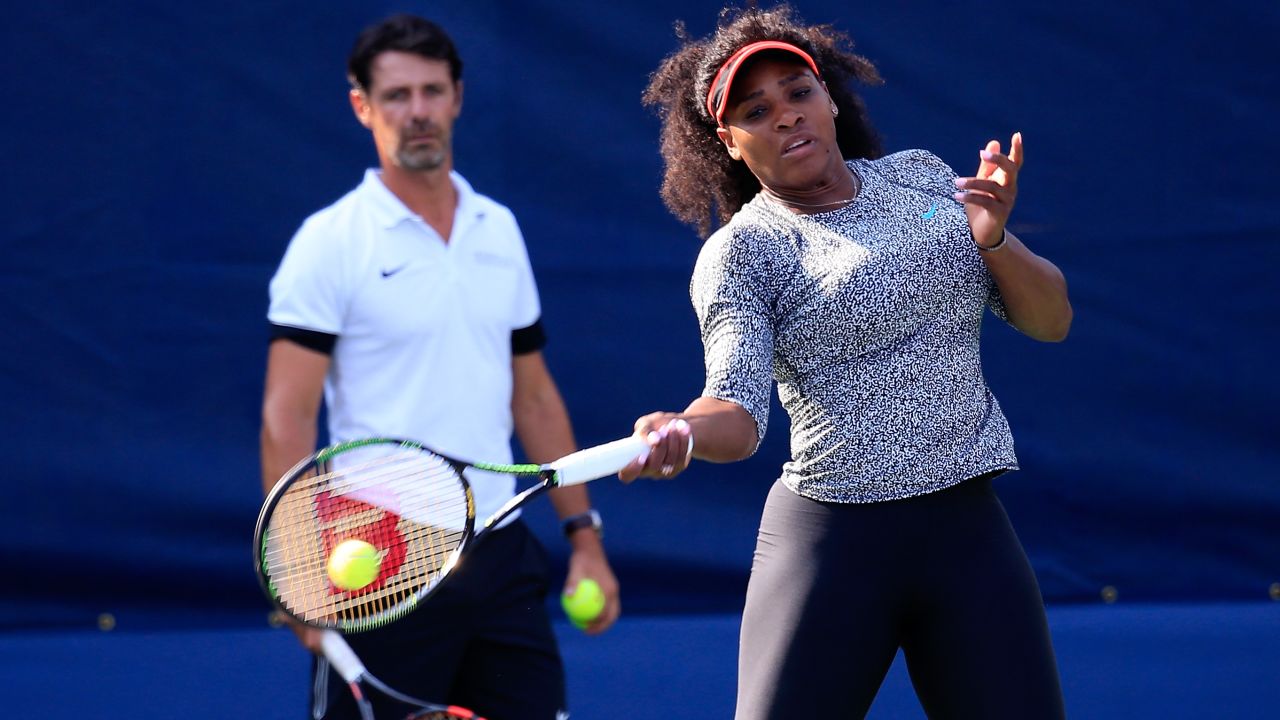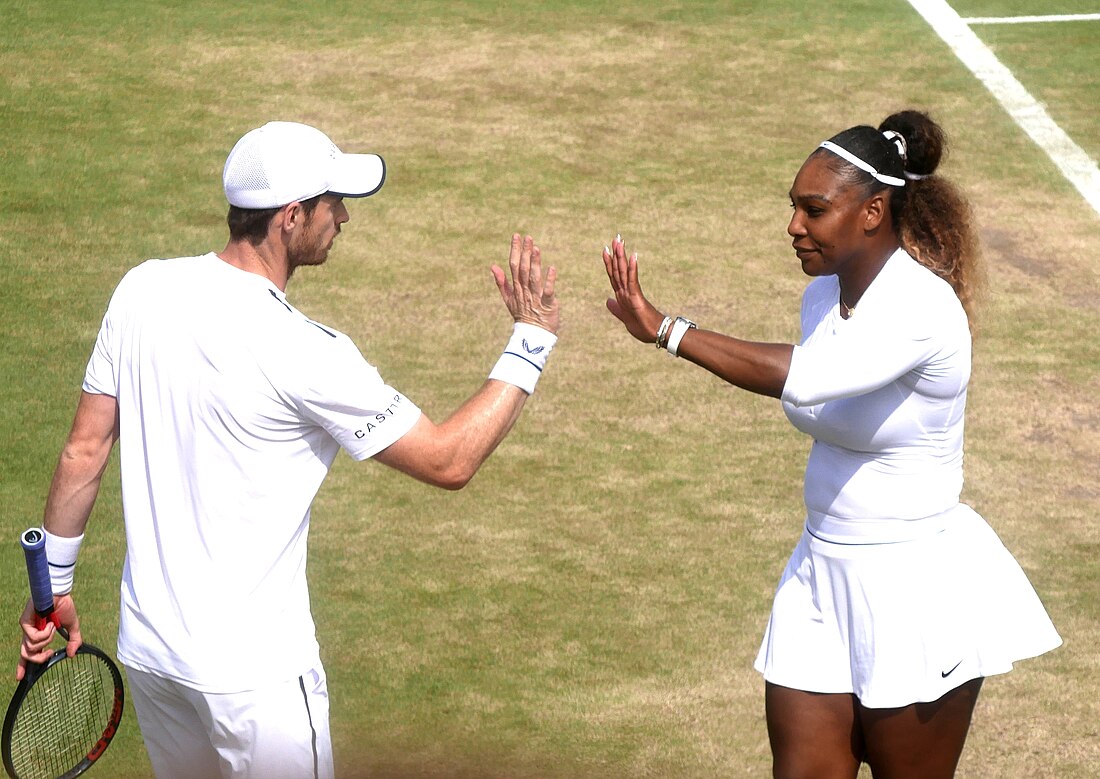The debate over equal pay for male and female tennis players was reignited recently by controversial remarks from Raymond Moore, CEO of the Indian Wells Tennis Garden, and Novak Djokovic, the world No. 1. Moore made a statement suggesting that male players had been the driving force behind tennis’s global popularity, implying that the Women’s Tennis Association (WTA) owed its success to male stars like Roger Federer and Rafael Nadal. He claimed that female players should feel fortunate for benefiting from men’s achievements and argued that they didn’t make significant decisions in the sport. His comments, seen as sexist by many, led to his resignation. The ensuing conversation surrounding these remarks brought the issue of pay disparity between men and women in tennis back into the public eye.
Novak Djokovic’s comments added fuel to the fire. Following his victory at the BNP Paribas Open, he stated that men should earn more because their matches attract larger audiences. He cited statistics showing that men’s matches generally draw more spectators, believing that prize money should reflect this. Djokovic suggested that both men and women should advocate for their respective earnings based on factors like ticket sales and viewer numbers, arguing that pay should be tied to the commercial success of the sport. While he did not openly criticize female players, his remarks reinforced the idea that men’s matches were more marketable, continuing a debate that has simmered for years.
The conversation about gender equality in tennis and the issue of equal pay is far from new. One of the sport’s most prominent advocates for women’s rights was Billie Jean King, whose activism in the 1970s laid the groundwork for much of the progress in the fight for pay equity. King famously protested against the U.S. Open’s pay disparity in 1972, when female players earned significantly less than their male counterparts. King vowed not to return to the tournament unless the prize money was equalized, and her efforts were successful. In 1973, the U.S. Open became the first major tennis tournament to offer equal prize money, a victory that was pivotal in advancing the cause for gender equality in the sport.

Billie Jean King’s role in championing equal pay didn’t stop there. She was also instrumental in founding the Women’s Tennis Association (WTA) in 1973, an organization created to give female players a voice in the sport. This was a crucial step in ensuring that women in tennis had a platform to challenge the inequities they faced, including pay disparity. Through her leadership, King helped increase the visibility of women’s tennis and played a key role in securing better financial opportunities for female athletes. Her advocacy for gender equality continued after her playing career ended, and she helped push for more equal prize money at major events.
A defining moment in the battle for equal pay came in 1973 with King’s legendary victory over Bobby Riggs in the “Battle of the Sexes.” This match, which was watched by millions of viewers worldwide, brought significant attention to women’s tennis and solidified King as a leading figure in the fight for equal rights in sports. King’s belief in the importance of her victory was underscored by her comment that losing would have set women’s tennis back 50 years. The match became a symbol of the ongoing struggle for gender equality, and King’s win marked a pivotal moment in the quest for recognition and respect for female athletes.
The push for equal pay continued to gain momentum in the following decades. In 2001, the Australian Open became the first Grand Slam tournament to offer equal prize money for both men and women. This was a major milestone in the fight for fairness in tennis. The French Open followed suit in 2006, further solidifying the movement for pay equity. However, one of the final hurdles in achieving equality at the Grand Slam level was Wimbledon. In 2005, Venus Williams delivered an impassioned speech to the All England Club, advocating for equal pay. Despite her efforts, the club initially refused to make any changes. But Williams remained committed to the cause, and in 2007, Wimbledon became the last of the Grand Slam tournaments to equalize prize money, making it a historic achievement for women’s tennis.

However, the ongoing debate about equal pay is often complicated by the differing formats of men’s and women’s matches at major tournaments. Men compete in best-of-five set matches at Grand Slam events, while women play best-of-three. Critics of equal pay argue that men’s longer matches justify their higher earnings, but many female players have stated that they would be willing to play best-of-five sets if it meant achieving pay equality. The decision to have different match formats is made by the Grand Slam organizers, but women have consistently expressed a willingness to change the structure if it would contribute to fairer compensation.
Serena Williams, one of the greatest tennis players in history, voiced her opinion on the matter after Djokovic’s remarks. Williams argued that gender should not determine the value of a player’s efforts, emphasizing that if she had a daughter and a son both pursuing tennis from a young age, she would expect them to be treated equally, including when it came to prize money. She criticized Djokovic for his perspective, suggesting that his viewpoint would be difficult to justify if he had a daughter of his own. Other tennis icons, such as Billie Jean King and Chris Evert, also weighed in on the debate, with King suggesting that Djokovic’s comments reflected a lack of understanding about gender inequality in sports. Evert added that cultural differences between American and European players might explain the differing views on gender equality, with American players generally being more progressive in their approach.
Despite Djokovic’s remarks, not all male players share his opinion. Andy Murray, a two-time Grand Slam winner who has publicly identified as a feminist, voiced strong support for equal pay. Murray stated that men and women should receive the same prize money at all combined events, regardless of match format or audience numbers. He also pointed out that many fans attend women’s matches, especially when top players like Serena Williams are competing. Murray took particular issue with Ukrainian player Sergiy Stakhovsky, who opposed equal pay, suggesting that matches involving Serena Williams regularly attract larger crowds than those featuring lower-ranked male players. Roger Federer also came out in support of equal pay, reinforcing the idea that tennis should offer the same financial rewards to both male and female players.
The discussion surrounding equal pay in tennis remains a deeply divisive issue, with some arguing that financial rewards should be tied to factors such as match format and ticket sales, while others maintain that gender should not play a role in determining compensation. The comments from Moore and Djokovic have only intensified the debate, underscoring the ongoing struggle for fairness and equality in the sport. While significant progress has been made in recent decades, the issue is far from resolved, and opinions on how best to address the pay disparity continue to vary. Equal pay for male and female tennis players is still a hot-button topic, and it seems likely that the conversation will continue to evolve as the sport moves forward.
